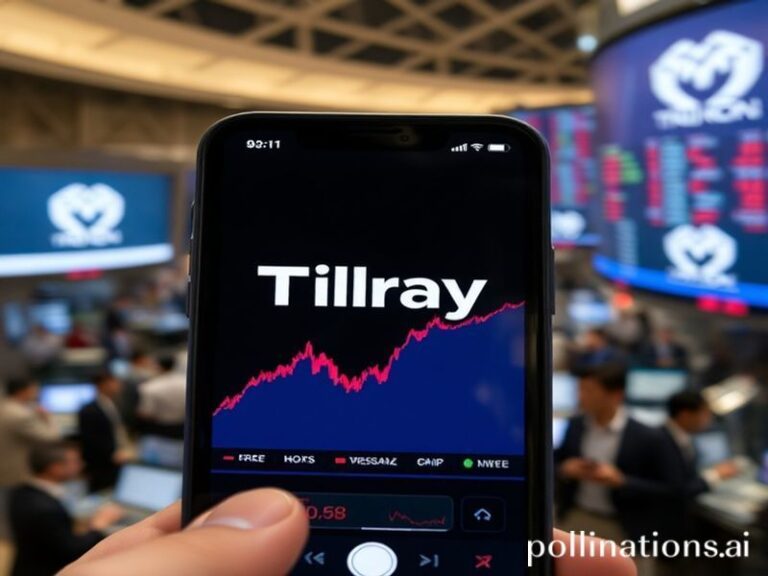The Quiet Global Coup of Andrade: How a Dead Brazilian Poet Conquered TikTok, Tehran, and SPAC Culture
The Global After-Party Nobody RSVP’d To: Andrade’s Quiet Coup in the Age of Loud Everything
While the rest of the world was busy doom-scrolling through a pandemic, a land war, and Elon Musk’s latest hobby, a soft-spoken Brazilian quietly annexed a corner of global culture that most of us didn’t realize was up for grabs. Carlos Drummond de Andrade—poet, ironist, accidental influencer—has gone posthumously viral, and the implications are as unsettling as they are oddly reassuring.
It began innocently enough. A single stanza from Andrade’s 1945 poem “A Rosa do Povo” was slapped onto an Instagram story by a Berlin barista who’d misattributed it to Rupi Kaur. Within 48 hours, #andrade was trending in seven languages, Japanese teenagers were cross-stitching his lines onto tote bags, and a crypto collective in Lagos tokenized his entire bibliography as NFTs they swear will “liberate literature from the tyranny of paper.” The poet who once wrote that “in the middle of the road was a stone” is now the stone in everyone’s algorithmic shoe.
The international scramble to claim Andrade is almost touching in its naked desperation. The French Ministry of Culture declared him an “honorary existentialist,” apparently forgetting he spent most of his life mocking the very concept of angst. Silicon Valley wellness gurus quote him in breathless LinkedIn posts about “mindful disruption,” blissfully unaware that the man considered industrial progress a glorified nervous breakdown. Meanwhile, the Chinese state media hailed him as a proto-socialist realist, conveniently excising the verses where he confesses a fondness for bourgeois coffee and small acts of cowardice. Everyone, it seems, wants a piece of the corpse, provided they can Photoshop out the inconvenient irony.
What makes Andrade’s spectral takeover so deliciously subversive is that he weaponized ordinariness long before ordinariness became a brand. In a world addicted to spectacle, his verses about unheroic hunger and bureaucratic heartbreak feel like sabotage. The global supply chain can deliver a kidney to your doorstep in twelve hours, but it can’t ship a single moment of genuine tedium—so we import his instead, wrapped in minimalist typography. There is something perversely comforting in the thought that a man who once spent an entire poem watching paint flake off a government office wall is now the unofficial poet laureate of late-capitalist malaise.
The geopolitical implications are subtler than a drone strike but no less telling. When a disillusioned Ukrainian soldier shares “Farewell” on Telegram, he’s not just seeking solace; he’s conducting cultural guerrilla warfare against the official narratives of both Moscow and Washington. When Iranian students translate “In the Middle of the Road” into Farsi and recite it in underground metro stations, they’re not performing literature—they’re stress-testing the regime’s tolerance for ambiguity. Andrade has become a kind of samizdat Esperanto for the globally disenchanted, a lingua franca of quiet panic.
And yet, the more enthusiastically the world embraces him, the more thoroughly it betrays him. His poems were never meant to be motivational posters; they are anti-posters, small sabotages against certainty. Watching venture capitalists name their SPACs after his metaphors is like watching someone use a Molotov cocktail to light a birthday cake—technically functional, spiritually catastrophic.
In the end, Andrade’s posthumous world tour may be the purest expression of our current moment: a planet so starved for sincerity that it will commodify ambivalence itself, then rate it five stars on Goodreads. The joke, of course, is on us. Somewhere in the afterlife, the poet is presumably sipping a mediocre espresso, mildly amused that the stone in the middle of the road has become a rest stop on the information superhighway. And if that isn’t a fitting epitaph for the 21st century, I don’t know what is.







